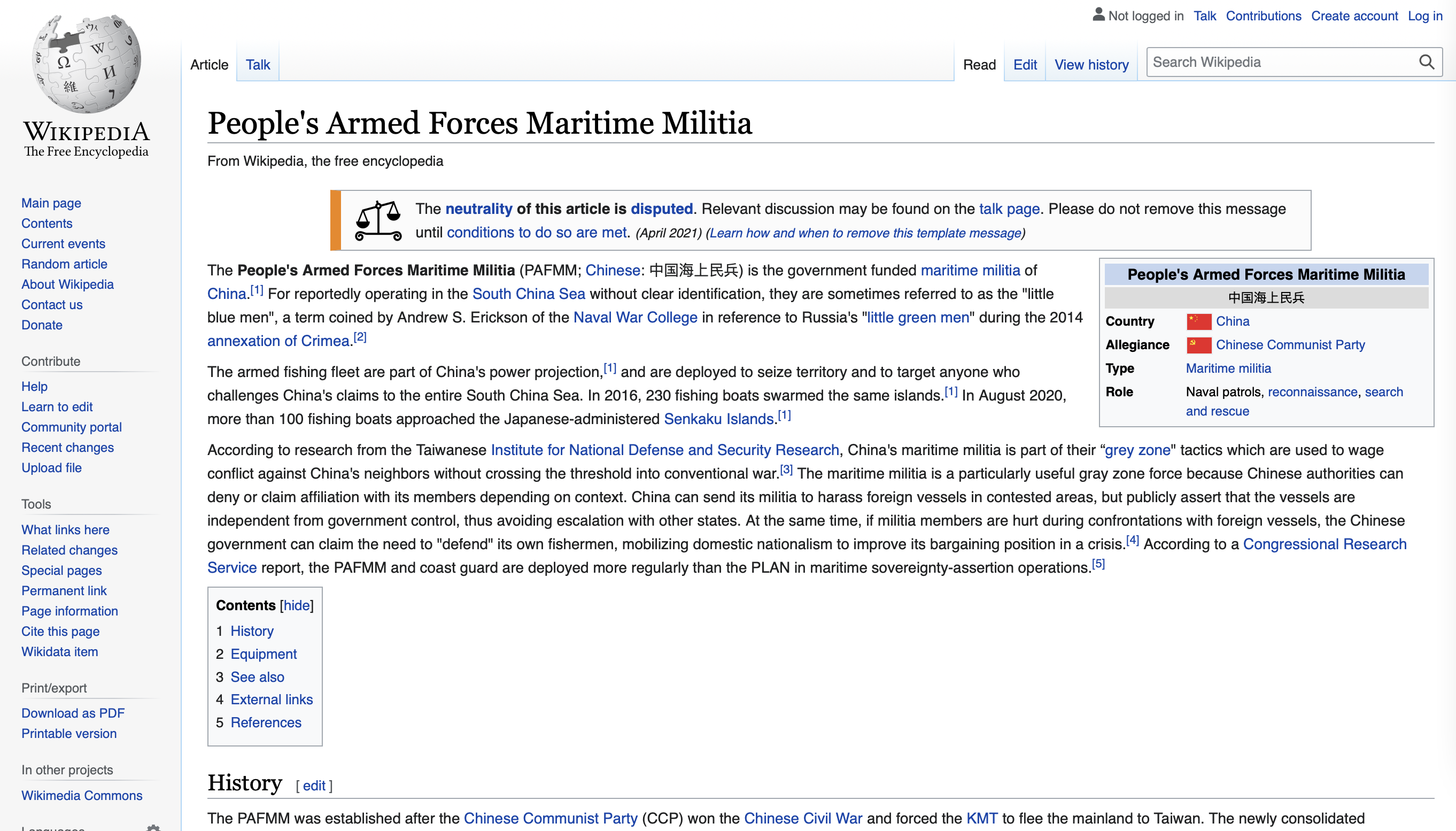


"From the east": translated from the Greek phrase with literal meaning "from the rising of the sun" here in the sense of 'a geographical direction' (cf.Verse 12 Then the sixth angel poured out his bowl on the great river Euphrates, and its water was dried up, so that the way of the kings from the east might be prepared. Verse 9 And men were scorched with great heat, and blasphemed the name of God, which hath power over these plagues: and they repented not to give him glory. "Men": from Biblical Greek: ἄνθρωπος, romanized: anthrōpos in generic use refers to 'both men and women'.Verse 8 And the fourth angel poured out his vial upon the sun and power was given unto him to scorch men with fire. German Protestant theologian Heinrich Meyer argues that the inclusion of these words "is guaranteed by A, C, א, and some other manuscripts, "and is entirely suitable".

"From the temple": from the words in Biblical Greek: ἐκ τοῦ ναοῦ, romanized: ek tou naou, "from the temple", or "from the sanctuary", do not appear in some ancient versions, and Tischendorf omitted them from his critical edition.Verse 1 Then I heard a loud voice from the temple saying to the seven angels, "Go and pour out the bowls of the wrath of God on the earth." Papyrus 43 (6th/7th century extant verse 1-2).Some early manuscripts containing the text of this chapter are among others: The original text was written in Koine Greek.


 0 kommentar(er)
0 kommentar(er)
